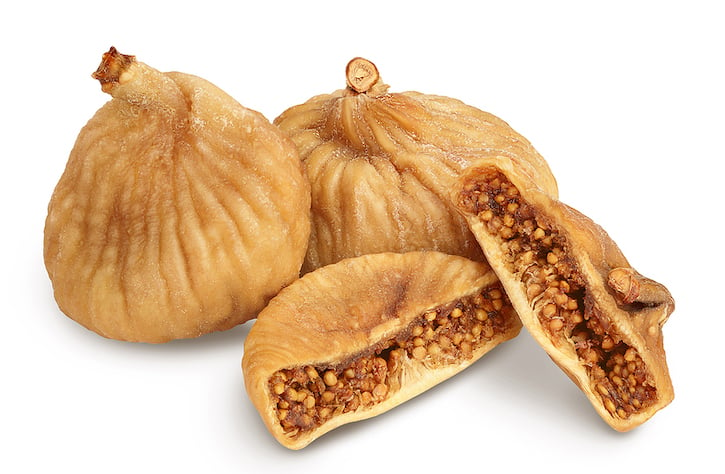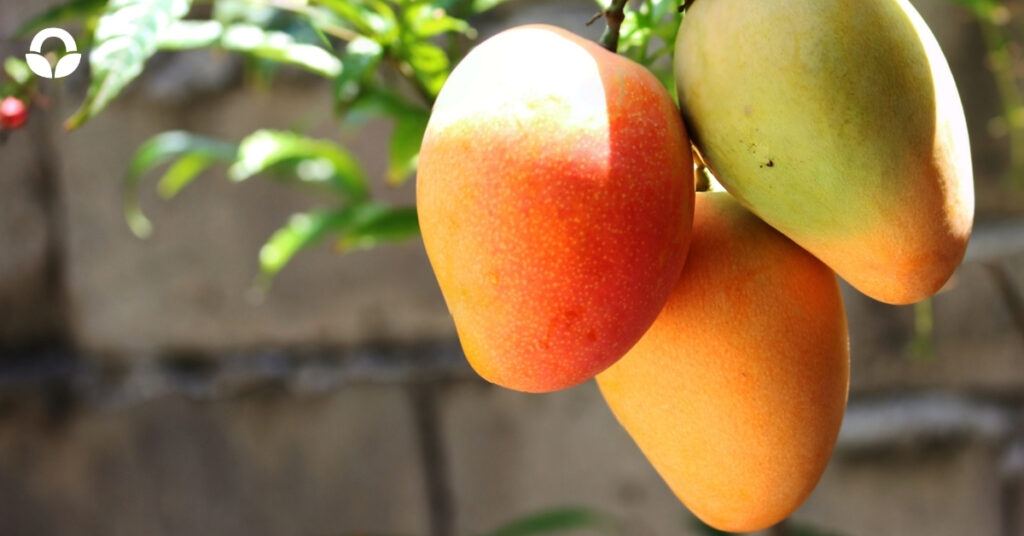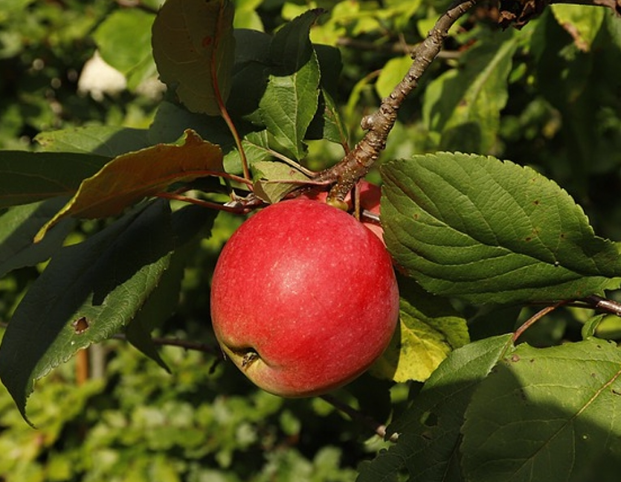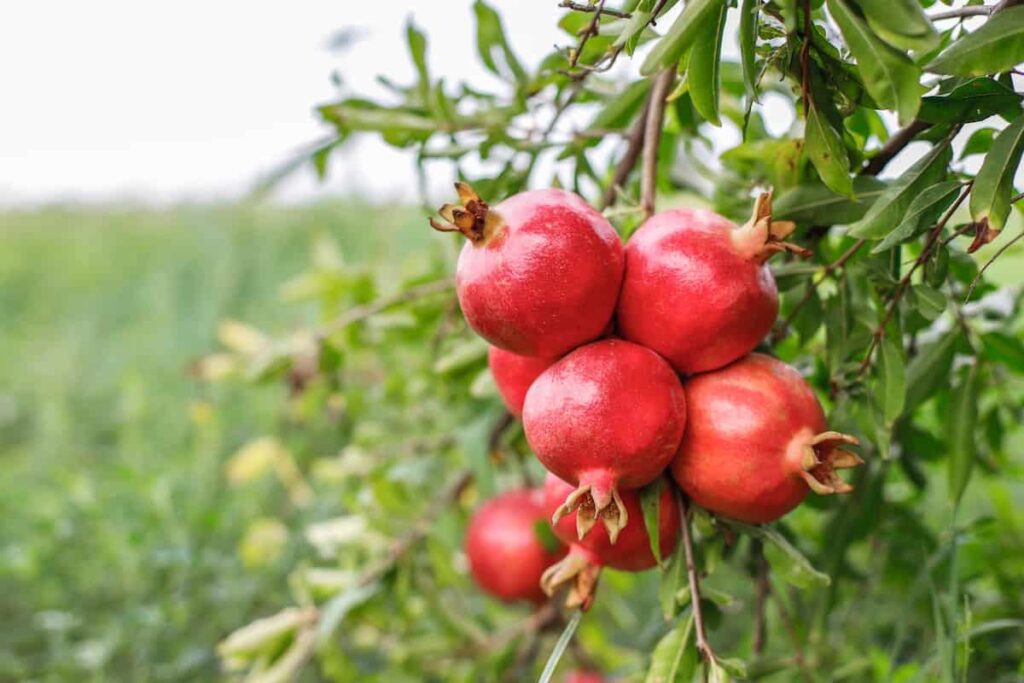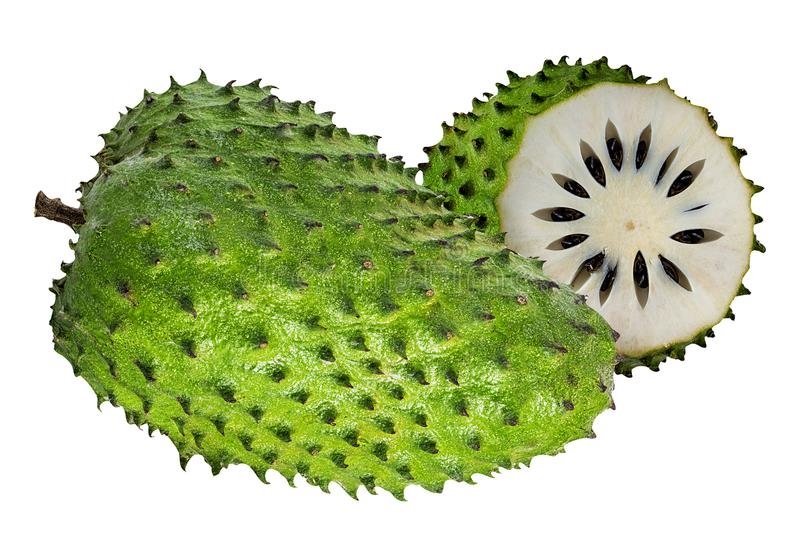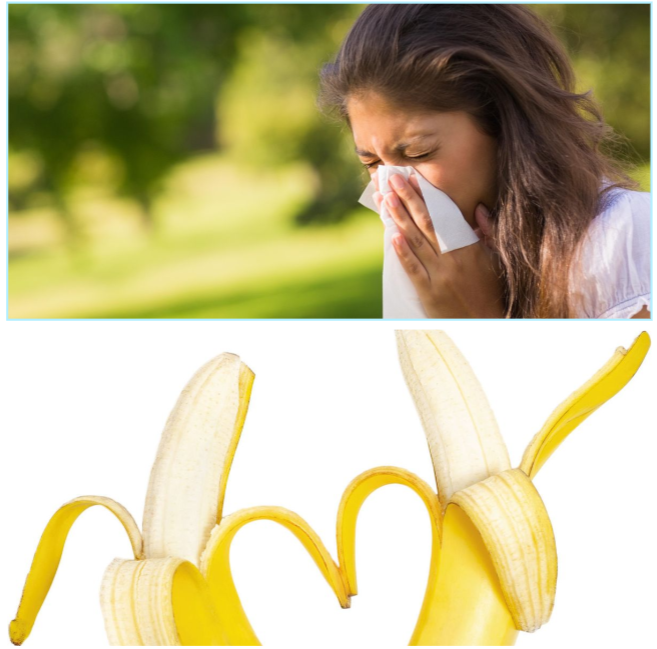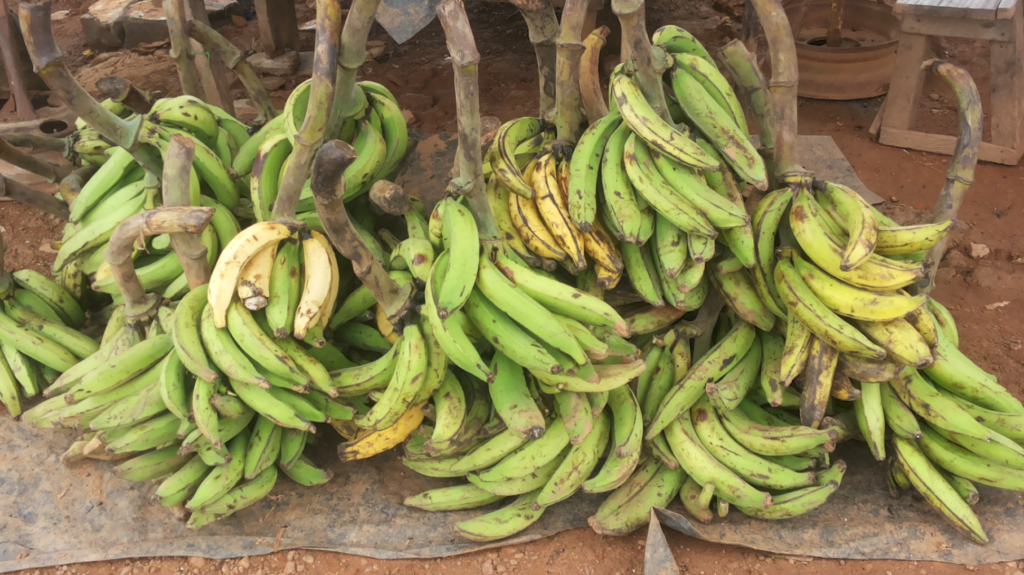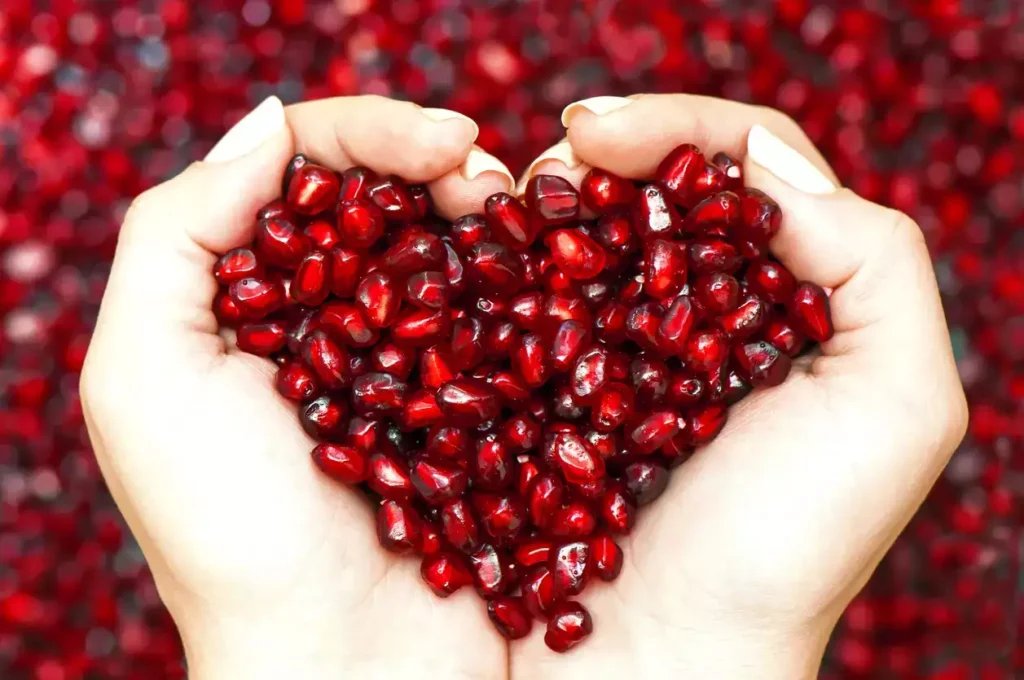Cinnamon is a beloved spice all around the world, known for its ability to sweeten and spice up many recipes with its warm, inviting smell.
People use cinnamon in a wide array of foods from various cultures, including both sweet treats and savory meals. This spice also has a storied past and lots of fascinating trivia linked to it.
In this article, let’s dive into 15 fun and surprising cinnamon facts that might give you a new perspective on this well-loved spice. If you’re a cinnamon enthusiast or just curious, keep reading to discover more.
Table of Contents
- Why is cinnamon so popular?
- 15 Amazing Facts You Might Not Know About Cinnamon
- 1. Cinnamon is part of the inner bark from certain trees
- 2. People have used cinnamon as a spice for ages
- 3. “Cinnamon” originates from the Greek word “kinnamomon”
- 4. Cinnamon was more precious than gold at one point
- 5. Cinnamon was part of the mummification process in Egypt
- 6. Cinnamon is full of antioxidants and can reduce inflammation
- 7. Cinnamon serves as a natural preservative for food
- 8. Cinnamon can be good for blood sugar control
- 9. It’s part of Ayurvedic and Chinese medicinal traditions
- 10. Cinnamon oil for smelling nice and feeling good
- 11. Cinnamon is not just for sweets; it’s great in savory foods like curries
- 12. Make your drinks cozier with cinnamon
- 13. Cinnamon sticks make your home smell great
- 14. Cinnamon can keep mosquitoes away
- 15. Cinnamon is the star in many yummy treats
- Conclusion
Why is cinnamon so popular?
Cinnamon is celebrated for its signature taste and smell. It’s a favorite in all sorts of dishes—desserts, treats, and even drinks.
People also praise cinnamon for its health perks, which might include helping with blood sugar control, fighting inflammation, and lowering cholesterol levels.
Cinnamon has been around for a really long time, used in ancient medicine and ceremonies. Its widespread use and fame make it a foundational spice in many places and recipes across the globe.
15 Amazing Facts You Might Not Know About Cinnamon
1. Cinnamon is part of the inner bark from certain trees
Cinnamon is the inner bark from trees known as Cinnamomum. It’s harvested for use as a spice.
These cinnamon-producing trees grow in Southeast Asia naturally. However, they’re also grown in other places, like South America and the Caribbean. We get cinnamon sticks when the harvested bark dries up and curls into rolls.
Mostly, we use cinnamon in its ground form. When added to dishes, it introduces a warming, sweet flavor and aroma that is unmistakable.
2. People have used cinnamon as a spice for ages
People have been using cinnamon for an incredibly long time, going back thousands of years. It was viewed as a prized and luxurious good, offered to royalty and other important people.
In history, different cultures used cinnamon differently. For example, the ancient Egyptians used it in their embalming processes, while Greeks and Romans added it to their food and wine for flavor.
In medieval times, cinnamon was a significant part of the spice trade that linked Europe to Asia. Now, it’s an essential ingredient in international kitchens.
3. “Cinnamon” originates from the Greek word “kinnamomon”
The word “cinnamon” comes from the Greek “kinnamomon”, meaning “sweet wood”. The ancient Greeks imported this spice from afar, cherishing its scent and flavor.
The scientific name of the spice, “cinnamomum”, is also Greek. Its similarity in many languages shows how ancient and important cinnamon has been.
4. Cinnamon was more precious than gold at one point
In the past, cinnamon was considered even more precious than gold. This was because it was rare and hard to get.
Rich folks loved cinnamon for making their food taste better and for its health and beauty benefits. These days, cinnamon is easy to find and not costly, but its storied past continues to make it special.
5. Cinnamon was part of the mummification process in Egypt
Beyond cooking, people have found other uses for cinnamon throughout history.
The ancient Egyptians used cinnamon in mummifying bodies, thinking it helped preserve them.
Historically, it’s also been a part of healing practices in China and India. Its uses continue in modern-day traditional medicines, with beliefs that it offers various health advantages.
6. Cinnamon is full of antioxidants and can reduce inflammation
Cinnamon is packed with antioxidants. These protect our bodies from damage caused by oxidative stress and harmful molecules called free radicals.
It is also known for lowering inflammation. Research even suggests that cinnamon can help keep our brain healthy and fight off brain-related diseases.
7. Cinnamon serves as a natural preservative for food
With its antimicrobial properties, cinnamon can stop bacteria and mold from spoiling food. This makes it a natural choice for keeping food edible for longer.
8. Cinnamon can be good for blood sugar control
One well-known health benefit of cinnamon is its help with blood sugar regulation.
The cinnamaldehyde in cinnamon helps make the body better at using insulin. Research shows that it might lower blood sugar levels in those with diabetes. Some even think cinnamon could be as effective as diabetes drugs.
9. It’s part of Ayurvedic and Chinese medicinal traditions
For centuries, cinnamon has been a part of traditional healing practices around the world, such as Ayurveda and Chinese medicine.
Cinnamon helps with digestion and reduces swelling.
In traditional Chinese medicine, cinnamon is used to improve blood flow and treat colds, flu, and tummy troubles. It is also used in other old healing ways, as well as in today’s medicine and natural health treatments.
10. Cinnamon oil for smelling nice and feeling good
Cinnamon oil is a strong form of cinnamon used to make our homes and ourselves smell good in aromatherapy and perfumes. It has a comforting yet lively smell and is thought to help with stress and make us feel better and relax.
11. Cinnamon is not just for sweets; it’s great in savory foods like curries
Cinnamon might be famous for being sweet, but it’s also fantastic in savory dishes in some places.
If you’ve ever had Indian or Middle Eastern food, you might have tasted cinnamon in curries and other spicy meals where it adds an interesting twist.
12. Make your drinks cozier with cinnamon
Putting cinnamon in coffee or tea can make them taste warm and spicy. This is very popular when it gets cold outside, and everyone wants something snug to sip on.
13. Cinnamon sticks make your home smell great
Cinnamon sticks smell sweet and warm and can clean the air naturally. You can put them out in a room or boil them to fill your home with a lovely scent.
14. Cinnamon can keep mosquitoes away
Cinnamon can help scare bugs away and be made into sprays, candles, or your own mosquito repellent.
15. Cinnamon is the star in many yummy treats
Cinnamon is a star in treats like cinnamon rolls and apple pie because of its cozy, spicy flavor that goes so well with sweet things.
Besides, it goes into lots of baked goodies like cakes, cookies, and muffins. It’s so versatile that it’s a kitchen staple all over the world, improving the taste of many recipes.
Conclusion
Cinnamon is much more than a spice; it’s a story full of rich history, with lots of beneficial properties for us. It has been important since ancient times and is still a favorite in the kitchen today, making our food tastier and healthier.
Adding cinnamon to what you eat can give you amazing health perks, and it’s a pleasure for your taste buds and nose. So next time you use a cinnamon stick or a dash of cinnamon powder, think of all these cool facts and enjoy every bit of it.
